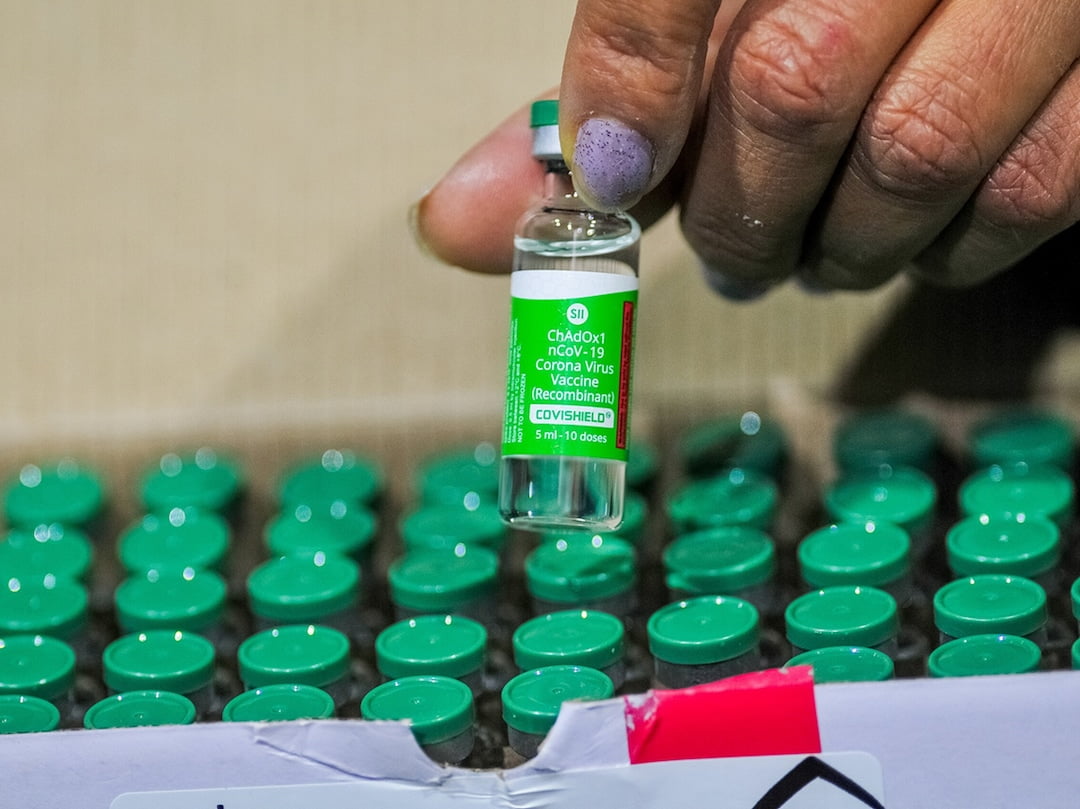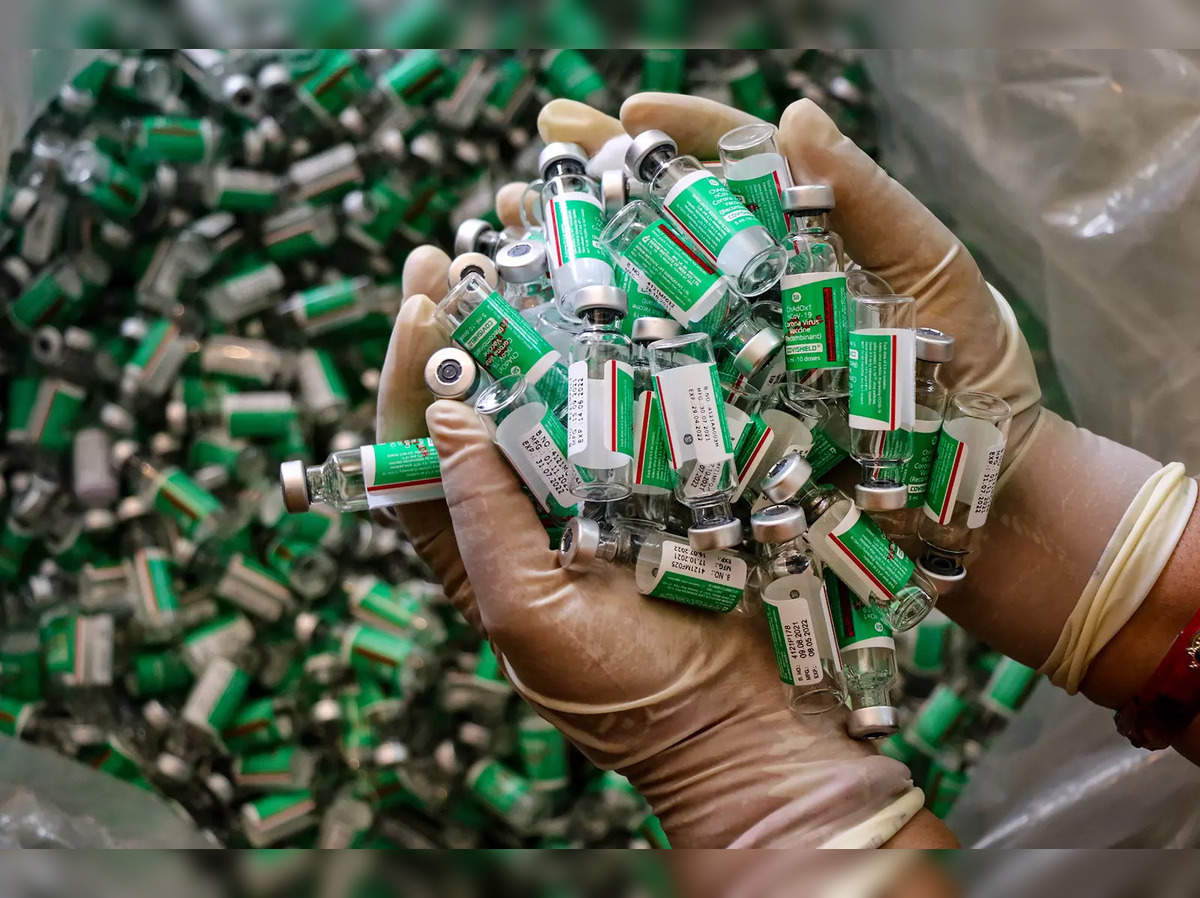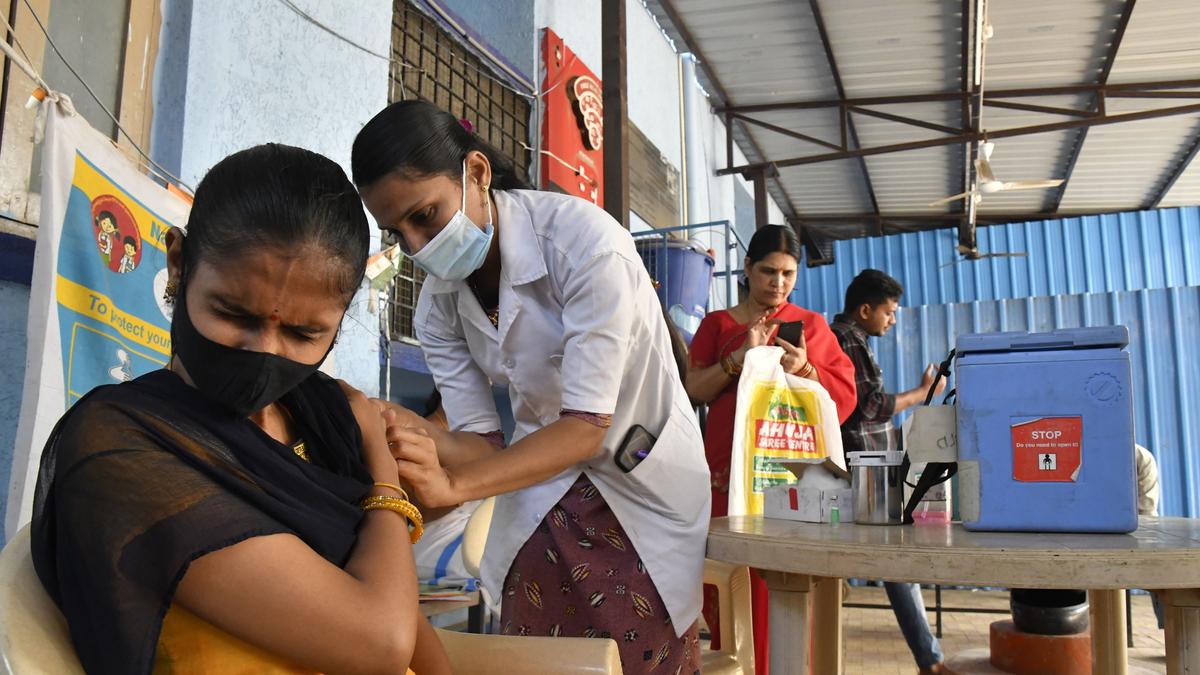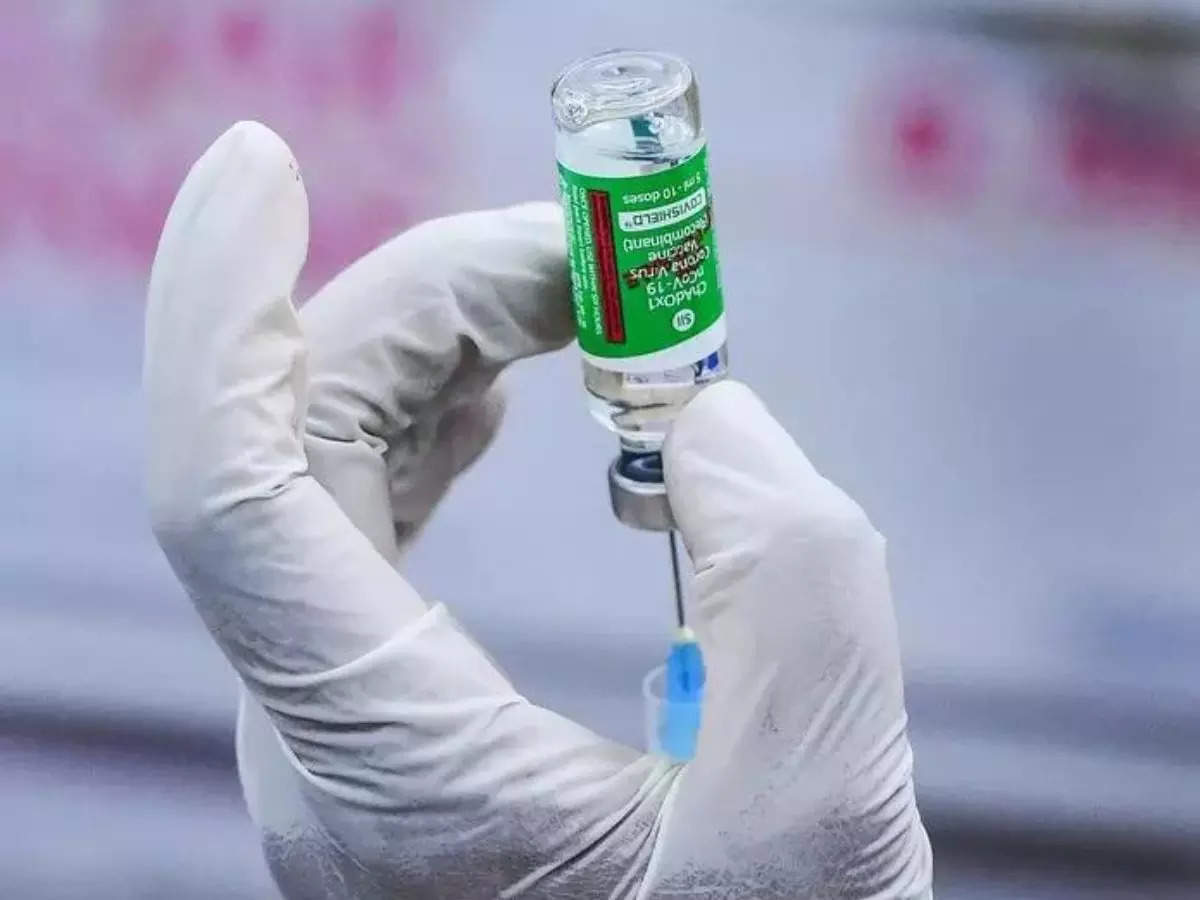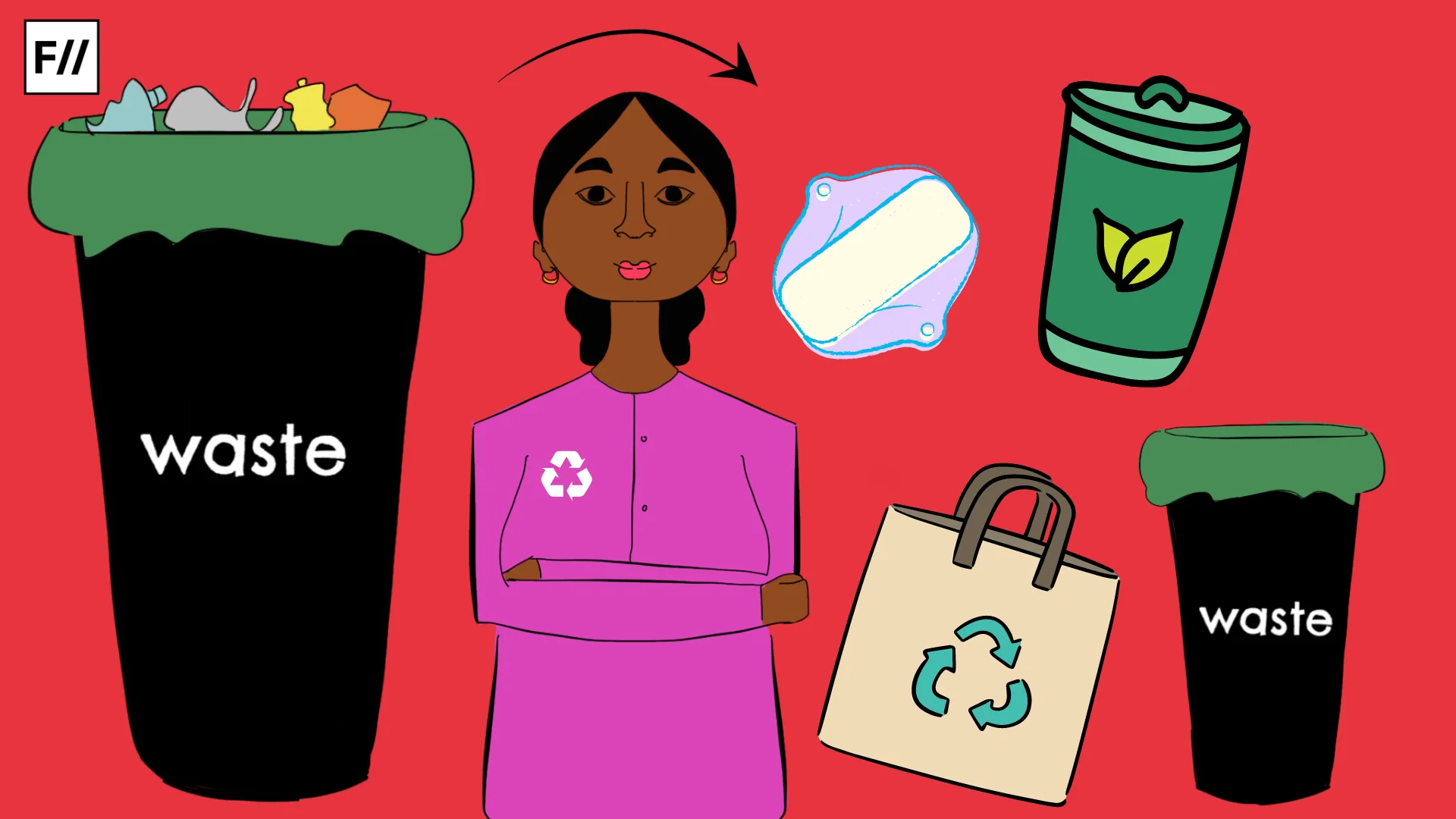Posts and memes regarding Covishield have been going viral on social media following the announcement by British pharmaceutical behemoth AstraZeneca that their Covid vaccination can cause rare side effects. UK-headquartered pharmaceutical giant AstraZeneca has admitted that in ‘very rare cases’, its Covid-19 vaccine can cause low platelet count and a blood clot-related side effect– Thrombosis Thrombocytopenia Syndrome (TTS).
Developed in collaboration with the University of Oxford, AstraZeneca’s Covishield vaccine was manufactured in India by Pune-based Serum Institute of India (SII).
Developed in collaboration with the University of Oxford, AstraZeneca’s Covishield vaccine was manufactured in India by Pune-based Serum Institute of India (SII). As many as 2,20,68,67,007 doses of the Covishield vaccine have been administered in India in what was the world’s most extensive vaccination programme from January 2021, according to the vaccine dashboard of the government’s web portal CoWIN (as of 07:00 PM IST on May 7, 2024).
Unrest around Covishield on social media
Some of the posts assert that the majority of Indians are now in danger of TTS; memes are becoming increasingly extreme, mockingly stating that death has arrived. The WhatsApp news forwards and memes have planted panic among the general public, who believe that they will be affected by the side effects of the Covishield vaccine at some point. These conspiracies and panic were not limited to the general public only; they went up to Bollywood- speaking on his recent heart attack, Indian actor Shreyas Talpade hypothesised on May 5, 2024, that it might have been a side effect of the COVID-19 vaccination.
He said in an interview with Lehren Retro that he took good care of himself, but yet he had suffered a heart attack. Shreyas went on to say that he could not ‘negate the theory’ that those who had the vaccination have been experiencing health problems. ‘Maybe it is COVID or the vaccine, but something is associated post that…It is very unfortunate because we genuinely don’t know what we have taken inside our bodies. We went with the flow and trusted the companies. I never heard of such incidents before COVID-19,’ the actor added.
Considering that the world is still in the process of healing from the wounds caused by the coronavirus crisis, the disclosure of side effects should have been cautiously evaluated to prevent any unnecessary public panic from occurring.
Does one need to panic?
However, in an effort to shed light on the controversy surrounding Covishield, various news outlets and healthcare professionals/institutes have taken action. A fact check by The Healthy Indian Project (THIP) indicates that the claim is only half valid. While the risk of TTS is true, the probability is ‘very rare’. Economic Times has reported that there is no cause for alarm. Reported cases of TTS in India have been limited.
While the risk of TTS is true, the probability is ‘very rare’. Economic Times has reported that there is no cause for alarm. Reported cases of TTS in India have been limited.
Additionally, TTS is an exceptionally rare side effect, primarily observed after initial vaccination. Dr Pavitra Mohan, paediatrician, public health expert, and co-founder of Basic Healthcare Services, conveyed to Business Standard, ‘The side effects are rare and were seen only in young people and only within 4 to 6 weeks of the first dose of vaccination. So, there is no need for panic.’
Will the general public be sufficiently relieved by these clarifications? Or do they need an explanation from the prime minister through Mann ki Baat in the same way they were encouraged to get the vaccination?
Can one blame the government?
Social media posts have criticised the Indian government for permitting the Covishield vaccine in the country, alleging that it poses a risk of vaccination-induced Thrombosis with Thrombocytopenia Syndrome (TTS) to the population.
In May 2021, Media reports indicated that many deaths after taking AstraZeneca’s Covishield occurred due to cardiac arrest, cerebral venous thrombosis, and stroke. Deaths in Germany and Norway were also due to clots or thrombus formation following a jab of AstraZeneca’s vaccine. Ireland, Denmark, and Iceland are among the countries that have suspended AstraZeneca’s vaccine.
On June 14 2021, two weeks after her vaccination, doctors declared Omtri brain dead. 18-year-old Rithaika Sri Omtri received the first dose of a COVID-19 vaccination at a centre in the locality of Bagh Amberpet in Hyderabad, India. She was administered the Covishield vaccine and had suffered vaccine-induced thrombotic thrombocytopenia syndrome, a rare adverse event in which blood clots restrict the flow of blood into vital organs and also result in a low platelet count.
In a 2023 report by Yale Medicine, haematologist Robert Bona, MD, gave the explanation for TTS’s blood clots caused by the Covishield vaccine, ‘Those clots typically occur in individuals who are bedridden, hospitalised, or have other medical issues related to inflammation, infection, or cancer.’
It is, therefore, acceptable to assume that the present revelation is not entirely new.
But because of political mileage, the information did not reach the general public. DTE quoted public health campaigner and All India Drug Action Network co-convener Malini Aisola: ‘People got vaccinated because they trusted the government to guarantee vaccine safety and efficacy.’ She said that the government declined to put up any institutional compensation mechanism despite the rollout of relatively unproven vaccines and robust vaccination promotion.
But now that the public has learned about the negative effects of Covishield, the demand for compensation can be considered legitimate.
But now that the public has learned about the negative effects of Covishield, the demand for compensation can be considered legitimate. A lawyer filed a petition with the Supreme Court to establish a Medical Expert Panel to look into side effects. The application also asked for instructions to the Centre to pay those who were killed or left seriously disabled as a result of the side effects of the COVID-19 vaccination. The call for compensation for individuals affected by vaccine side effects highlights the importance of establishing robust support mechanisms and ensuring accountability in the event of adverse reactions.
Criticism directed at the government highlights the need for transparency and accountability in vaccine rollout strategies. While navigating the complexities of extensive vaccination campaigns, governments must prioritise public health while acknowledging and addressing the potential risks that can be caused.
The public who knows what they’re looking for will see that the government is being humble and truthful when it admits that it is in a tough spot between the benefits of mass vaccinations and the risks of harm happening in the field. It’s crucial for government and health authorities to prioritise transparency, communication, and public trust-building efforts. Just by being honest and open about the risks and side effects of vaccines, the government could make people trust them enough to take the risk of continuing with a new vaccine. Vaccine nervousness could be swiftly resolved by honestly sharing accurate information and trustworthy data.

